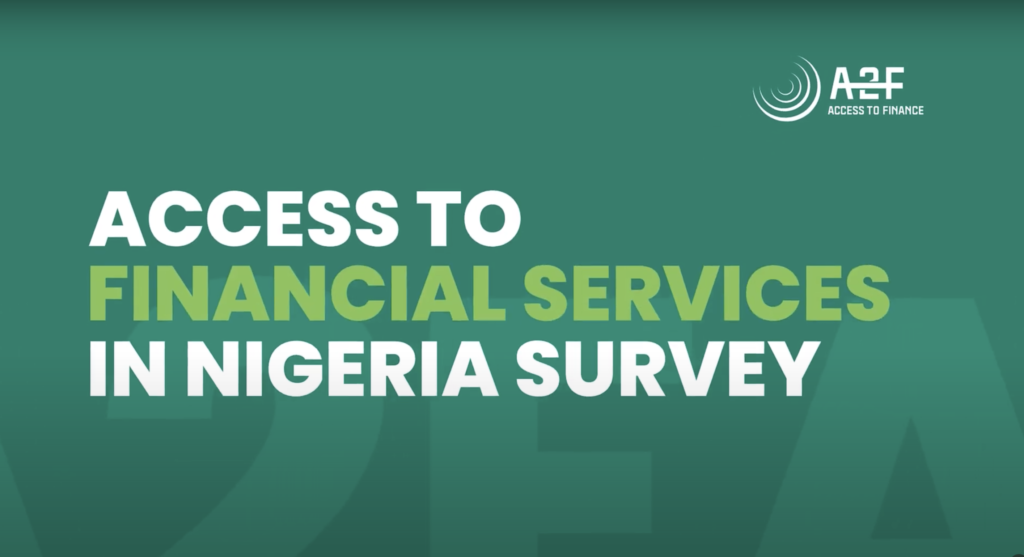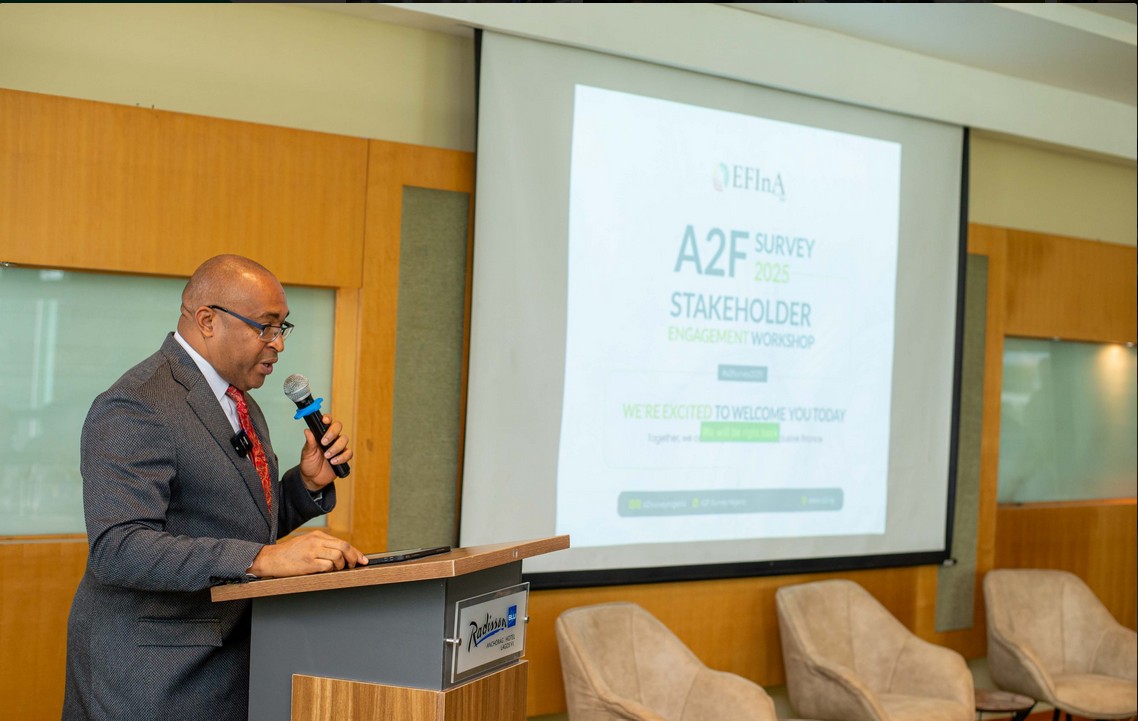
EFInA Access to Finance (A2F) Survey report has said that the formal financial inclusion in Nigeria has grown significantly from 56% in 2020 to 64% in 2023, according to the 2023.
Oluwatomi Eromosele, General Manager, EFInA while presenting the results of the survey in Lagos said the methodology for the 2023 survey has been updated to reflect changing population dynamics, and 2018 and 2020 data also updated using the same methodology to enable comparison.
She said the growth was fueled by marginal growth in the banked population and major gains in non-bank formal adoption.
Eromosele noted however that with formal financial inclusion levels at only 64% (up from 56% in 2020), there remains significant work to do to achieve the ambition of the Central Bank of 95% formal inclusion in the long term.
She highlighted that growth in formal inclusion is being driven by the increased use of non-banking channels, which grew from 5% in 2020 to 12% in 2023.
Financially excluded
Eromosele disclosed also that the 2023 results show that 26% of Nigerians are financially excluded, down from 32% in 2020, demonstrating clear progress towards the Nigeria Financial Inclusion Strategy (NFIS 3.0) recommended target to reduce levels of financial exclusion in Nigeria to 25% by 2024.
Other findings
According to her the report among other findings noted the following:
- The gender gap is widening, from 8% in 2020 to 9% in 2023, demonstrating the need to intentionally focus on interventions that support female inclusion.
- She said: “Rural communities continue to be considerably less likely to be formally included than urban communities. 37% of rural Nigerians are financially excluded compared to 17% of urban Nigerians.
- Farmers and dependents are the populations most likely to be excluded.
- Exclusion continues to be most severe in Northern Nigeria, at 38% in the North East and 47% in the North West compared to only 5% in the South West and 10% in the South-South.
- Usage of broader financial services remains limited demonstrating the urgent need to focus on the quality and impact of inclusion. While credit use doubled to 6%, pension and insurance use remained at 8% and 3% respectively, well below 2024 target levels”.
Commenting on the results of the Survey, EFiNA Chair Dr Agnes Martins said the organization is seeing encouraging progress towards the NFIS 3.0 recommended goal to reduce exclusion to 25% by 2024, and it must acknowledge all the good work that has gone into making this happen.
- “However, we also have to be clear that 26% exclusion means that 28.8 million adult Nigerians continue to be completely excluded from the financial system.
- That is a statistic that we must recognize remains unacceptable, and we must redouble our efforts to accelerate their inclusion,” she said.
Martins noted that these are predominantly farmers and dependents, more likely to be female and to live in rural areas in Northern Nigeria.
She said that the organisation needs intentional, deliberate strategies to give them financial access and to support them in graduating to the products and services that can enhance their resilience.
- “Over the coming weeks we will be engaging all stakeholders to further analyse the data and work collaboratively to develop solutions,” she said.
What the CBN Governor said
Delivering the keynote address at the event, the Governor of the Central Bank of Nigeria Mr Yemi Cardoso said that Nigeria’s drive for financial inclusion has been a long, sometimes arduous journey.
Cardoso said that the apex bank has monitored the trend over the years and has sometimes worried about the slow pace of progress in achieving an inclusive economy.
He added that the results being shared today, indicate that with sustained dedication and commitment, the country can truly achieve our collective goal of financial inclusion for all.
- “Let me use this opportunity to commend all financial inclusion stakeholders once again for the efforts made and the progress achieved,” he said.
He noted however that to achieve the target of 95% financial inclusion, the country must all move from collaboration to concrete commitment.
- “To that effect, I call on all Financial Inclusion implementation agencies to set up specific functions or units dedicated to financial inclusion in their various organizations. This we believe, will provide the necessary ownership and commitment required to achieve our collective goal.
- As an ecosystem, we must redouble our efforts to develop innovative solutions to enable inclusion and be intentional about how we do it. For instance, the access points effective for included populations might not be suitable for those currently excluded.
- The products and services that we have developed to get us this far will need refinement to ensure that they are fit for purpose for the next phase of this journey,” he said.








